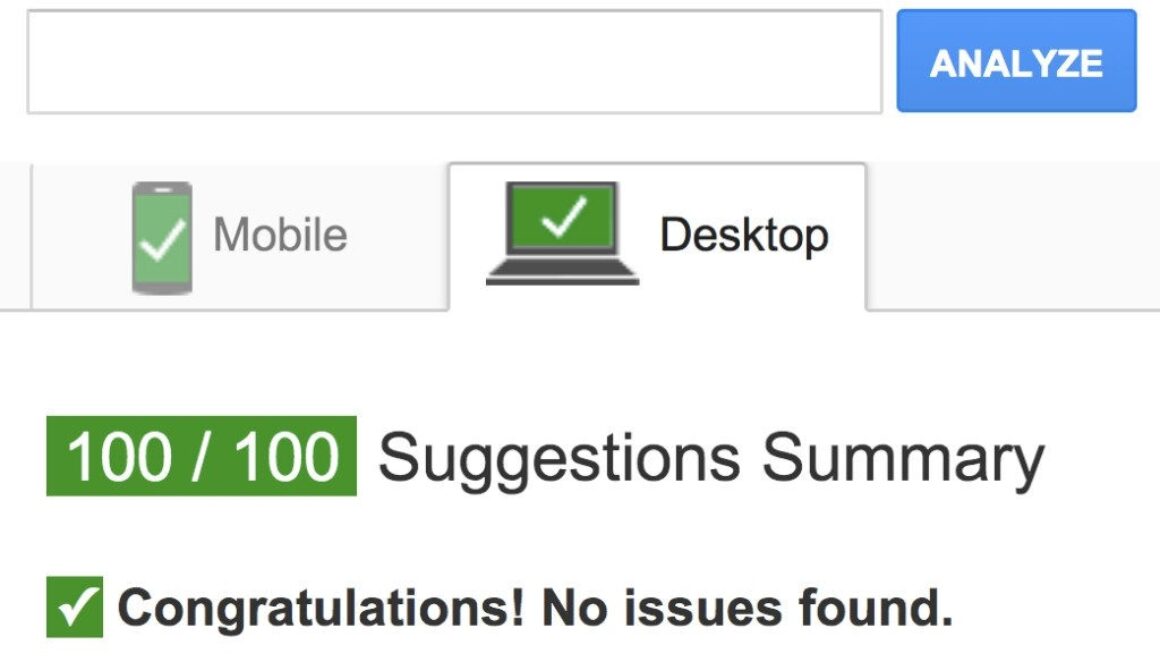Website Speed Impact on Marketing
In the children’s fairy tale, the Tortoise and the Hare, slow and steady wins the race. But in today’s online world, we are an impatient society. We want immediate response to our requests. We get frustrated when we have to wait for anything, especially for websites to load. If your website speed does not meet the patience criteria of your visitors, they will hit the back button, sending a signal to Google that your website is not a quality user experience. That behavior over time could affect your search engine ranking.
Importance of Website Speed
There are two major reasons to care about how fast your website loads.
User Experience
There is a valid reason why Google is encouraging everyone to think about how performance affects a user’s experience of their page.
In this impatient world, how long do you wait for a page to load?
And if it doesn’t load within your patience criteria, do you click the back button? Of course you do.
The faster the page load time, the better the user experience. An improved user experience translates into higher conversions and more revenue.
People want and need a fast online user experience. According to Neil Patel, loading time affects your bottom line. Some specifics:
- 79% of web shoppers who have trouble with web site performance say they won’t return to the site to buy again
- Around 44% of them would tell a friend if they had a poor experience shopping online
- 40% of people abandon a website that takes more than 3 seconds to load
- And a 1 second delay in page response can result in a 7% reduction in conversions.
In other words, a bad user experience negatively affects your sales.
Organic Rankings
Google has been using page speed as a ranking factor for desktop browsers since 2009. And now with page speed being a ranking factor for mobile searches, it is even more important that your website be optimized across all devices.
Pages with long load times tend to have higher bounce rates, which can send a signal to Google that the page is not worthy of ranking.
A better-optimized and fast-loading page will help deliver better rankings and give your site an advantage over your slower loading competitors.
Test Your Website Speed
Assessing the page load speed of your website is something that may sound difficult. You may wonder how you can know how fast your site is not only for your visitors but also in the eyes of the search engines.
Google provides a tool called PageSpeed Insights that measures website page speed and provides detailed information on how you can improve your load time. You can access the tool either directly through the link above or through Google Analytics in the Behavior section under Site Speed. PageSpeed Insights gives you a report on how well your site performs and suggestions for improvement.
GTmetrix also provides a page speed report. Once you run the report, you can download a PDF file of the details. GTmetrix also provides a WordPress optimization guide to help you with your performance optimizations.
The goal of both these tools is to evaluate your web page based on a set of rules and provide recommendations that you can use to improve the page load speed of your website.
Do you need help with your website? At The BLÜ Group, we can assist with website design, web development, search engine optimization, website speed, hosting, and more! Fill out the form below to request a free consultation.
Source: Masterful-Marketing.com




